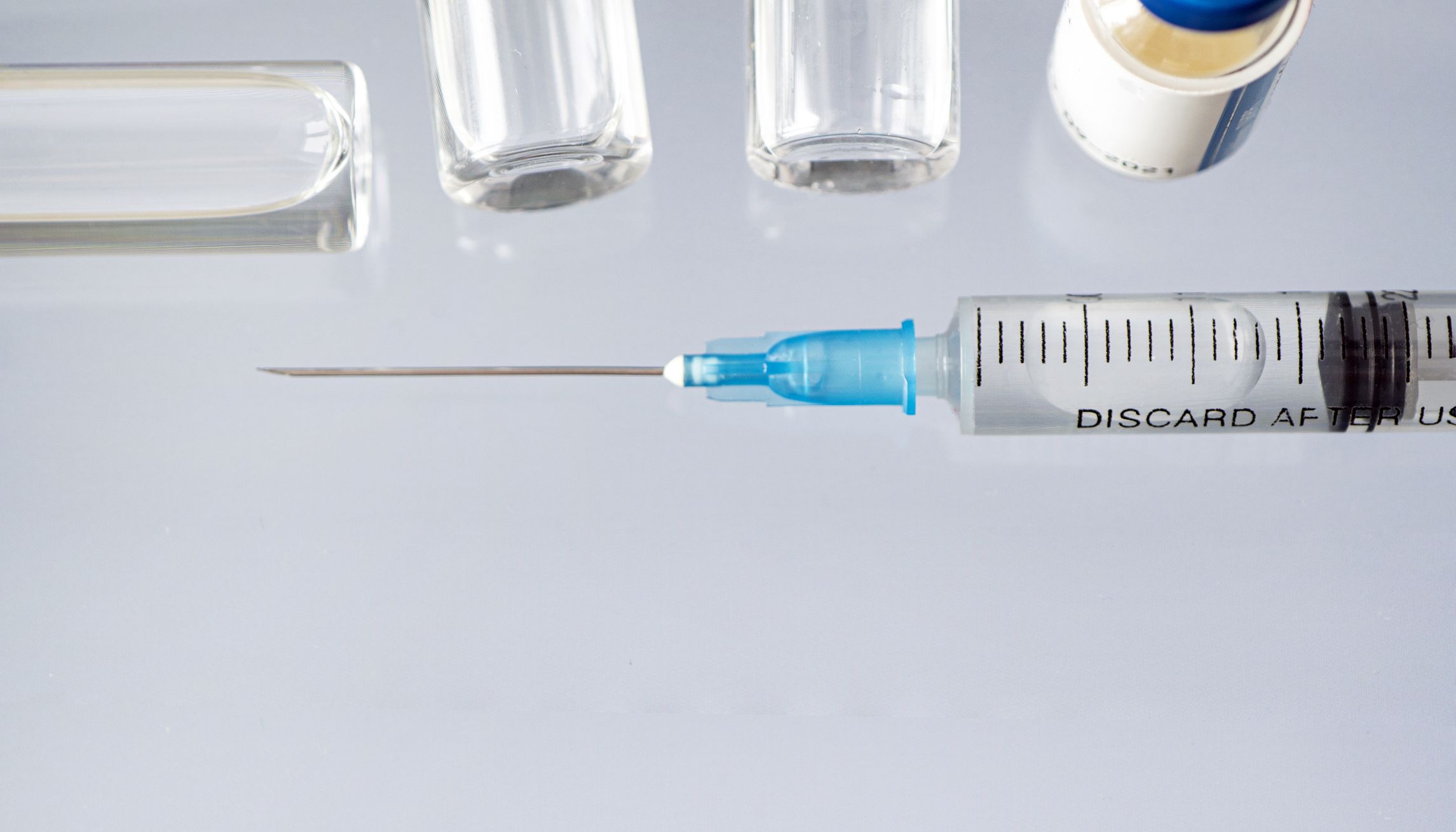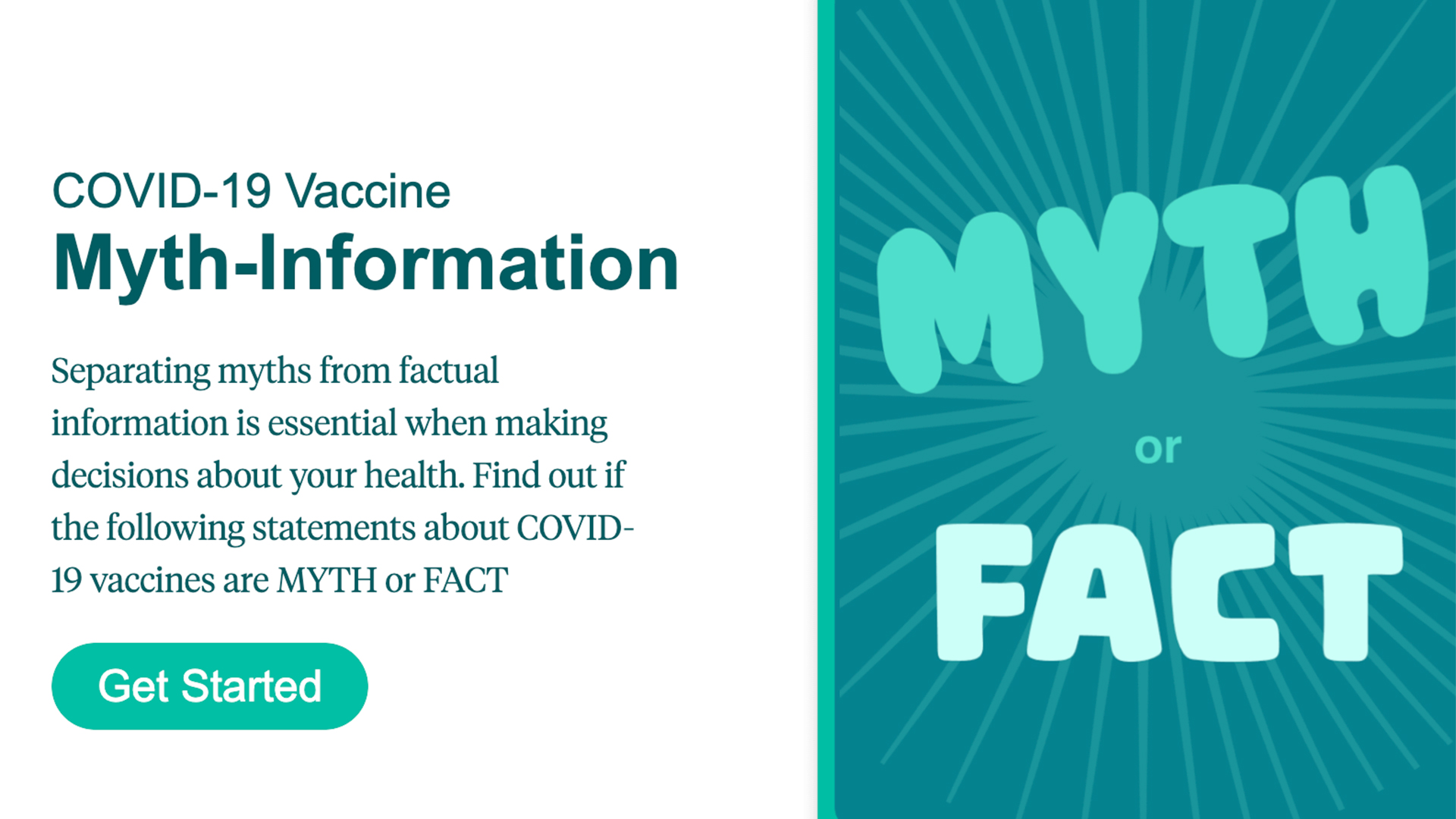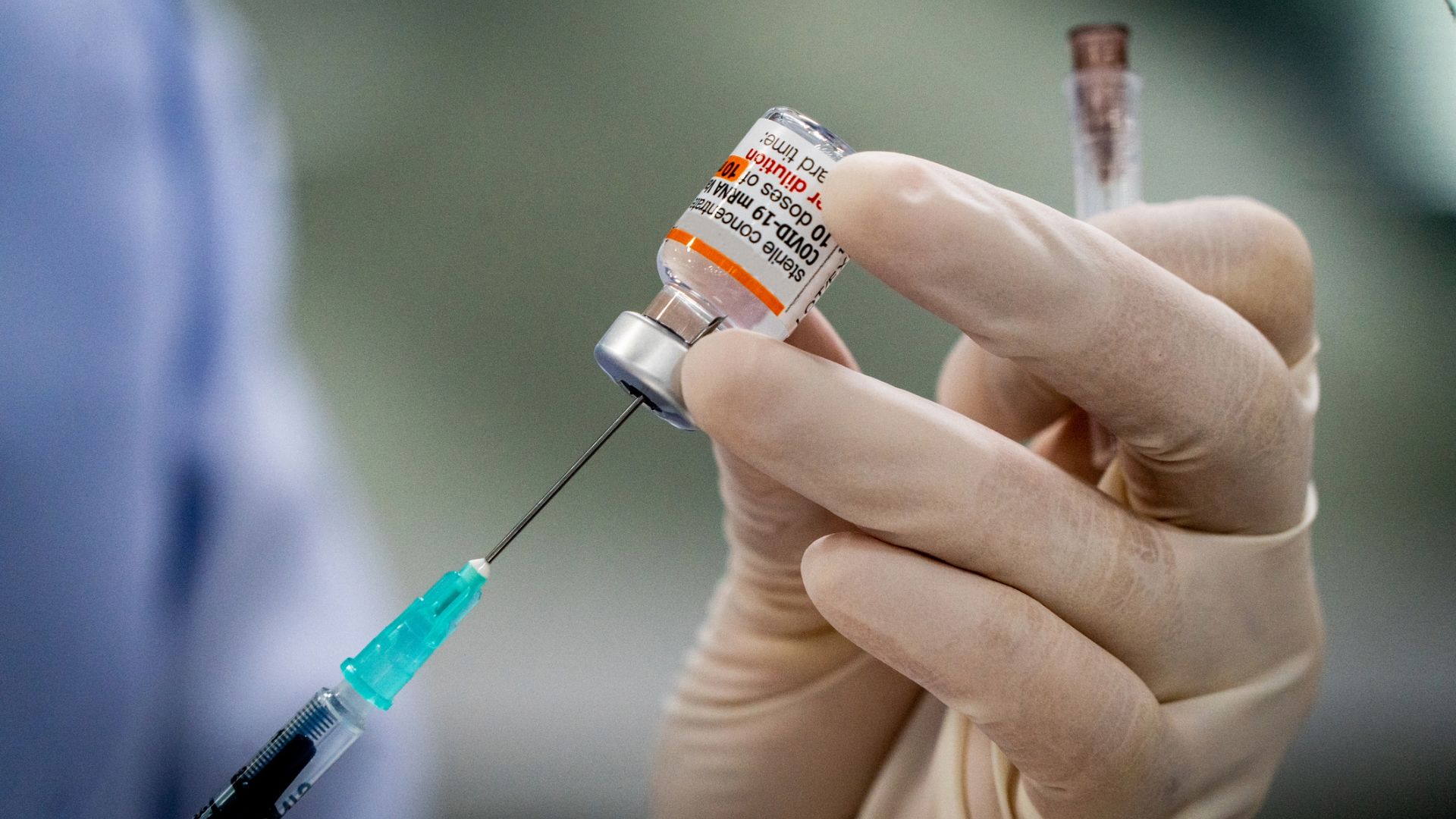Updated on September 11, 2023
Long COVID refers to a range of symptoms that persist for weeks, months, or years after a COVID-19 infection has resolved. These symptoms can include fatigue, shortness of breath, chest pain, brain fog, and difficulty sleeping. Long COVID is also associated with mental health disorders, including depression and anxiety.
How can long COVID affect mental health?
The relationship between long COVID and mental health disorders is not fully understood, and is likely complicated, involving multiple contributing factors.
Long COVID and lower quality of life
Symptoms like becoming tired more easily and brain fog can lead to a lower quality of life, impacting things like work, taking care of a home, and relationships.
- Normal activities may take a lot more effort, and activities that used to be enjoyable may be more difficult to engage in and enjoy.
- Socializing and maintaining relationships may require more energy than a person has available, leading to isolation and worsening mental health.
- Long COVID can cause a great deal of uncertainty about the future, leaving a person wondering when they will recover and if they will fully recover.
Long COVID and neurological damage
COVID-19 infections can injure the central nervous system (the brain and spinal cord), which can disrupt how a person thinks and the emotions they experience.
- Damage may be the result of the virus infecting nerve tissue, or inflammation in nerve tissue as the body responds to the infection. Inflammation is associated with depression and anxiety.
- By damaging other organs and systems in the body, COVID-19 can also cause indirect injury to the brain. For example, inflammation and damage to the respiratory and cardiovascular systems can impair the body’s ability to supply the brain with blood and oxygen.
- COVID-19 infections can also lead to malnutrition, depriving the nervous system of the nutrients it needs to function normally. This may also contribute to depression and anxiety.
It’s also important to mention that long COVID affects more than the person who has long COVID. It can also have a significant impact on family and loved ones.
What is the treatment for long COVID?
Anyone who is experiencing long COVID symptoms should see a healthcare provider. Treatment for long COVID focuses on managing symptoms and improving quality of life. A person may work with several different healthcare providers with different specialties depending on the symptoms they are experiencing.
How can long COVID be prevented?
The best way to prevent long COVID is to prevent becoming infected with the virus that causes COVID-19. This includes basic precautions like hand washing, wearing a mask in crowded settings, and avoiding contact with people who are sick. It also means getting vaccinated and staying up to date on COVID-19 vaccinations. People who are vaccinated and have a COVID-19 infection may be less likely to develop long COVID.
Recognizing depression and anxiety
If you feel that you may be experiencing depression or anxiety—whether as a result of long COVID, another reason, or no obvious reason at all—it’s important to seek treatment.
Symptoms of anxiety can include:
- Feeling overwhelmed or detached from reality
- Irritable or restless moods
- Excessive worry and fear about the future
- Difficulty concentrating or making decisions
- Rapid heartbeat, shortness of breath, or dizziness
- Unexplained aches and pains
- Muscle tension, trembling, sensations like tingling and numbness
- Fatigue
Symptoms of depression can include:
- Persistent negative thoughts, feelings, or emotions—sadness, anxiety, hopelessness, helplessness, guilt, worthlessness, or feeling empty
- Mood swings, such as being irritable, angry, or restlessness
- Loss of interest in previously enjoyable activities, goals, hobbies, and sex
- Problems with concentration, memory, or decision making
- Changes in sleep habits, such as sleeping too little or sleeping more than usual
- Changes in eating habits, such as loss of appetite or overeating
- Fatigue
- Thoughts of self-harm or suicide
What to do in a mental health emergency?
If you or someone you know is having thoughts of self-harm or suicide, seek help immediately. Licensed mental health professionals are available at the 988 Suicide and Crisis Lifeline, which can be contacted by calling or texting 988.






